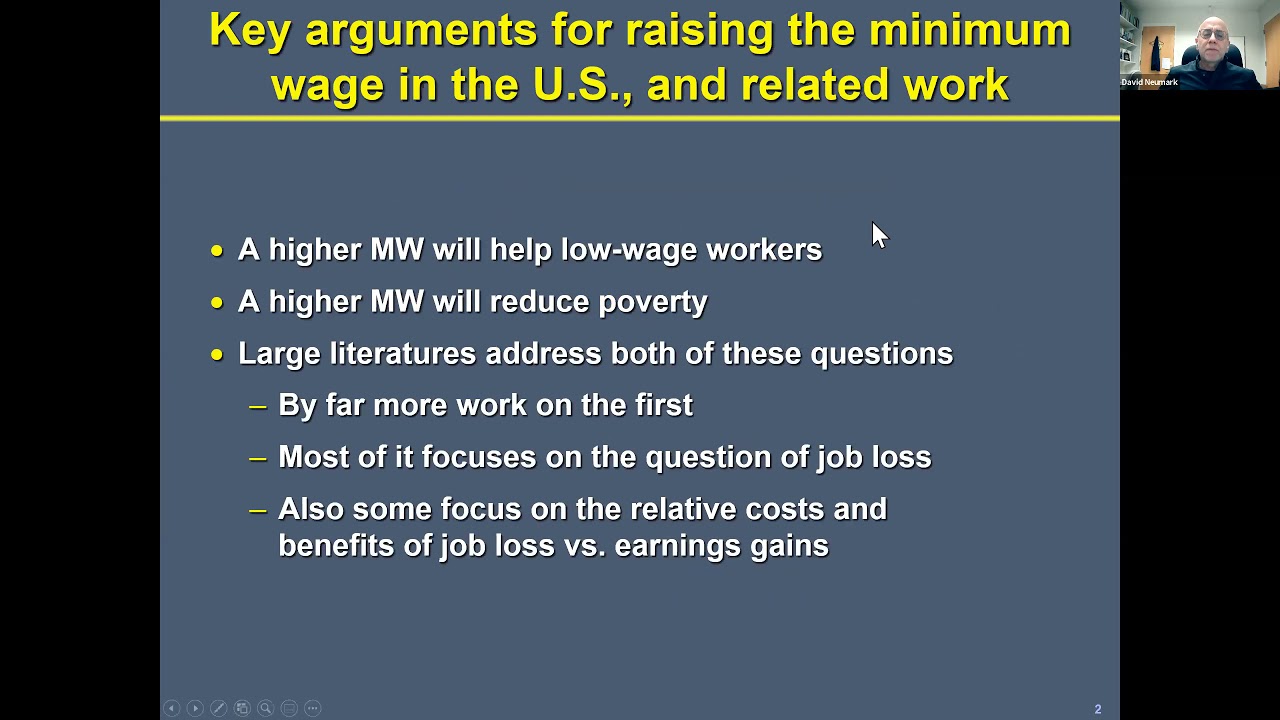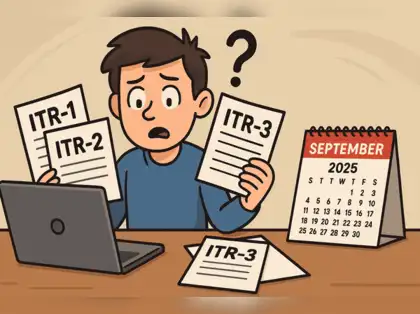The Benefits of Minimum Wage
A minimum wage is a crucial policy that ensures workers receive fair compensation for their labor. In this article, we will explore the numerous benefits that minimum wage brings to both employees and the overall economy.
Enhancing Worker Well-being
One of the primary advantages of implementing a minimum wage is the improvement in the well-being of workers. By setting a minimum wage, employers are obligated to pay their employees a certain amount, which helps to reduce income inequality and poverty levels. This ensures that individuals can meet their basic needs, such as food, shelter, and healthcare, leading to a higher quality of life.
Promoting Economic Growth
Contrary to popular belief, minimum wage policies do not negatively impact economic growth. They can stimulate economic activity. When workers earn higher wages, they have more disposable income to spend on goods and services. This increased consumer spending helps to drive demand, leading to business growth and job creation. It creates a positive cycle where higher wages lead to increased consumption, which further boosts the economy.
Reducing Income Inequality
Minimum wage policies play a crucial role in reducing income inequality within society. By ensuring that workers receive a fair wage, the gap between the rich and the poor can be narrowed. This promotes social cohesion and creates a more equitable society where everyone has the opportunity to thrive.
Improving Employee Productivity
When workers are paid a fair wage, they are more motivated and satisfied in their jobs. This leads to increased productivity and efficiency. Employees who feel valued and adequately compensated are more likely to go the extra mile, resulting in improved overall performance for businesses.
Enhancing Worker Skills
Minimum wage policies also encourage individuals to invest in their skills and education. With higher wages, workers have the financial means to pursue additional training and education opportunities. This leads to a more skilled workforce, which benefits both employees and employers alike.
Supporting Small Businesses
While some argue that minimum wage policies burden small businesses, research shows that the benefits outweigh the costs. When workers earn higher wages, they are more likely to spend their money locally, supporting small businesses in their communities. This helps to stimulate economic growth at a local level and create a thriving business environment.

Minimum wage policies bring a wide range of benefits to workers, the economy, and society as a whole. By ensuring fair compensation, minimum wage policies enhance worker well-being, promote economic growth, reduce income inequality, improve productivity, encourage skill development, and support small businesses. It is essential to recognize and appreciate the positive impact that minimum wage policies have on individuals and the overall prosperity of a nation.
Frequently Asked Questions on the Benefits of Minimum Wage
1. What is minimum wage?
The minimum wage is the legally mandated lowest hourly wage that employers must pay to their employees.
2. How does minimum wage benefit workers?
The minimum wage ensures that workers receive a fair and livable wage, reducing poverty and improving their standard of living.
3. Does minimum wage help reduce income inequality?
Yes, minimum wage helps reduce income inequality by providing a baseline wage that ensures workers are paid a decent wage regardless of their occupation.
4. What impact does the minimum wage have on the economy?
Minimum wage increases can stimulate economic growth as workers have more disposable income to spend, boosting consumer demand.
5. Does minimum wage lead to job losses?
Studies have shown that moderate increases in minimum wage do not lead to significant job losses, and can even have positive effects on employment rates.
6. How does minimum wage benefit businesses?
A minimum wage can improve worker productivity, reduce turnover rates, and enhance employee morale, leading to a more efficient and stable workforce.
7. Does minimum wage affect small businesses negatively?
While some small businesses may face initial challenges in adjusting to higher wage costs, studies suggest that the overall impact on small businesses is minimal.
8. Can minimum wage reduce reliance on government assistance programs?
Yes, higher minimum wages can reduce the need for individuals to rely on government assistance programs, saving taxpayers money in the long run.
9. Does minimum wage benefit the overall economy?
Yes, minimum wage increases can lead to a stronger economy by reducing income inequality, boosting consumer spending, and improving social well-being.
10. How often does minimum wage get adjusted?
The frequency of minimum wage adjustments varies by country and region. In some places, it may be adjusted annually, while in others, it can be adjusted every few years.




